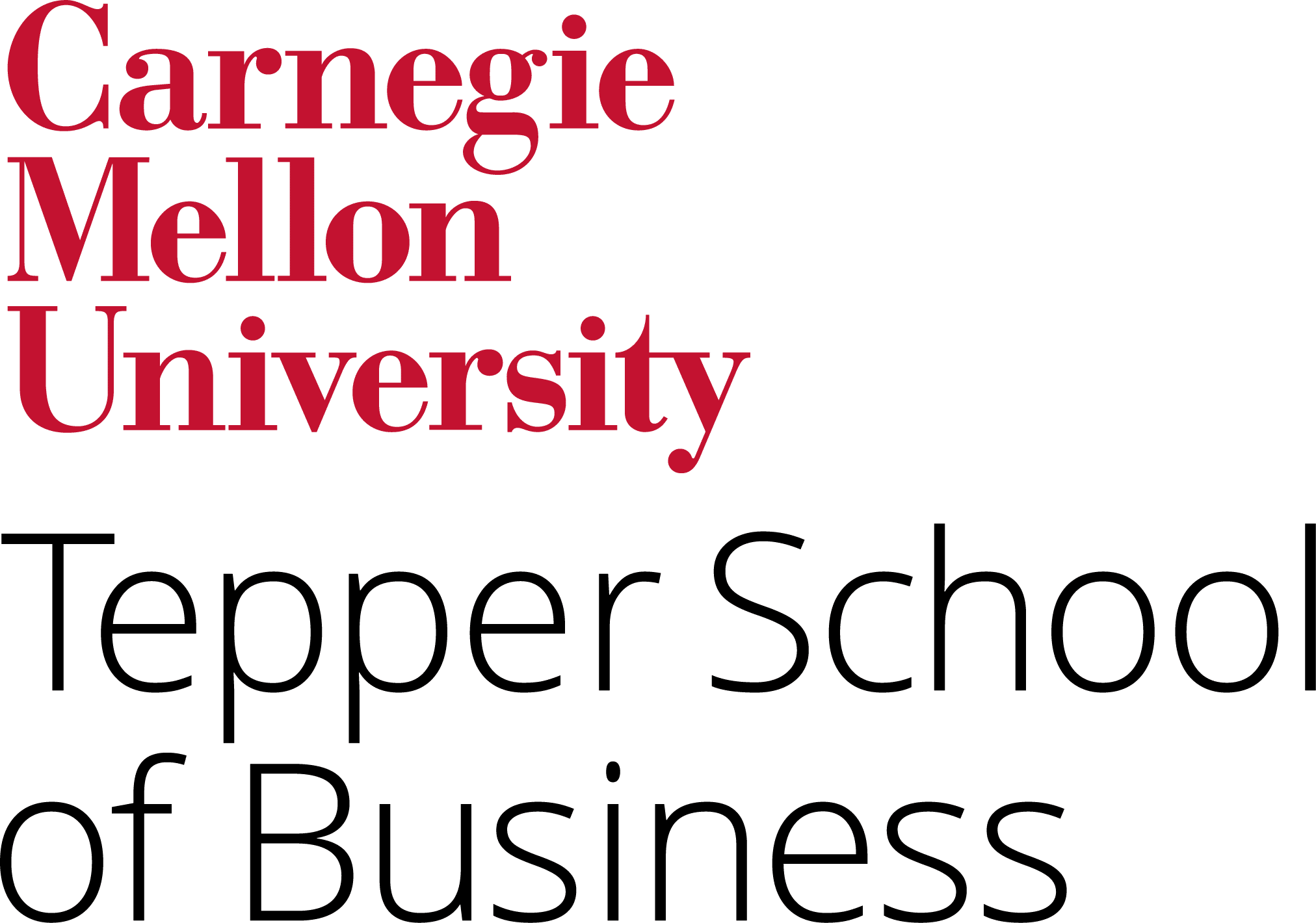Why Carnegie Mellon’s Master in Product Management Is One of a Kind
Kari Calvario is the Director of Master’s Admissions at Carnegie Mellon University. Within her role, she oversees their unique Master of Science in Product Management (MSPM) program, which came to life as a partnership between their Tepper School of Business and School of Computer Science five years ago. She tells us all about the skills product managers need to succeed, the MSPM admission requirements, and what makes this program truly one of a kind.








